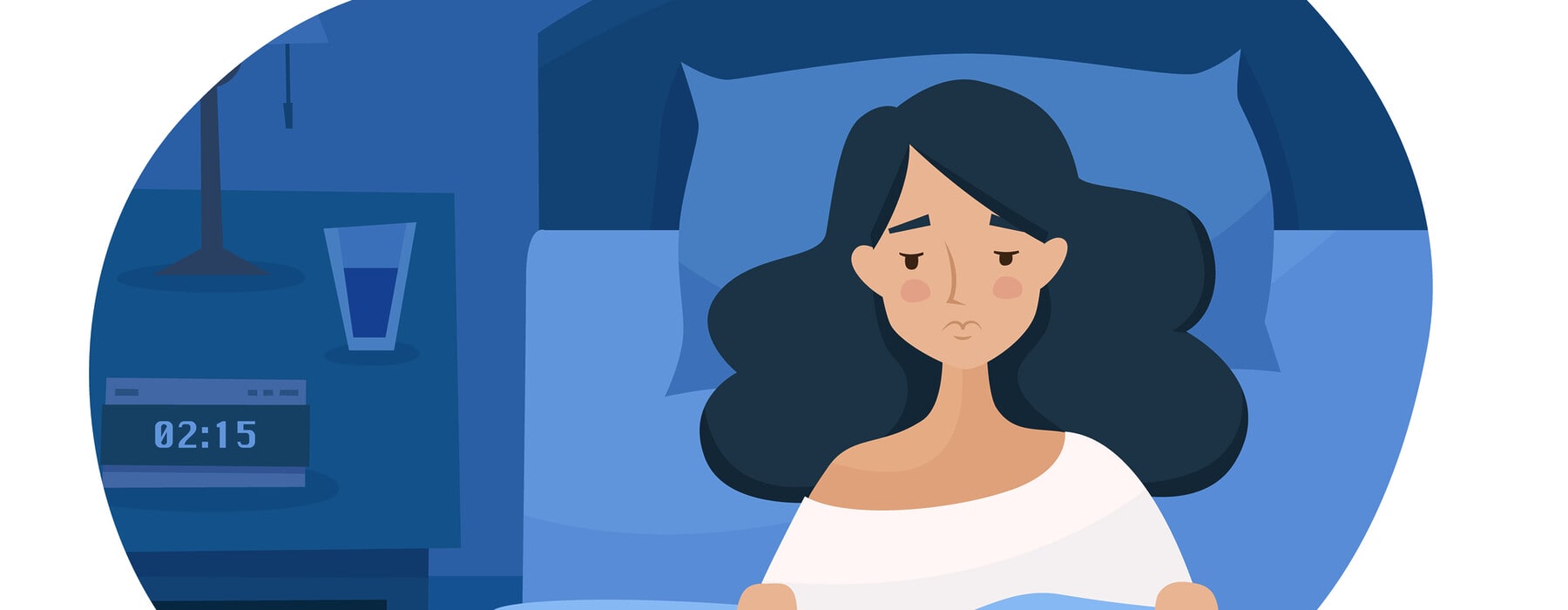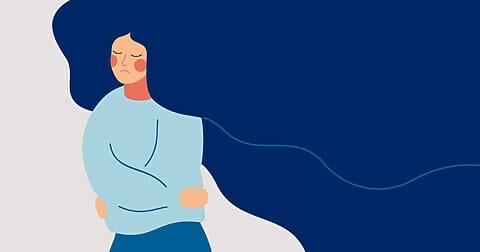When better sleeping habits are not enough to overcome your sleep struggles there might be other factors at play. Here are a few medical reasons to consider.
Local research indicates you won’t be alone if you’re struggling with sleep. A 2016 survey by insurance company Sovereign found that a little more than a third of New Zealanders reported not getting enough sleep or that the quality of their sleep was compromised.
If you have adopted better sleeping habits and are still suffering from chronic sleepiness, you may need to see your GP. Here are some of the medical reasons for poor sleep your doctor will be looking for:
1. Insomnia
If you regularly have trouble with falling asleep, staying asleep or waking too early, you suffer from insomnia. Possible treatments include behavioural therapy, strict sleep hygiene and medication.
2. Sleep apnoea
If you suffer from excessive daytime sleepiness, the cause may be sleep apnoea. A person typically doesn’t know he or she has sleep apnoea, and is usually alerted to the problem by their partner, who must cope with the loud snoring, snorts and gasps that are often associated with the disorder. A person with sleep apnoea experiences pauses in breathing while sleeping.
These pauses can last for seconds to minutes and occur dozens of times in an hour. Breathing restarts with a gasp, a choking sound or a snort. When this occurs, a person may not wake up, but he or she moves from deep sleep to light sleep, and wakes feeling tired and fatigued. Sleep apnoea is unpleasant for your partner, and it’s risky to your health. If you think you have it, see your GP.
3. Restless legs syndrome
An estimated eight percent of the population has restless legs syndrome (RLS), a neurological condition. There are four basic symptoms that occur with RLS:
- A strong urge to move your legs, sometimes accompanied by a burning sensation.
- Your symptoms are worse when your body is at rest.
- Symptoms improve when you move.
- Symptoms are worse at night.
4. Menopause
Hot flushes aren’t limited to the daytime. At night they can disrupt sleep and leave a menopausal woman soaked in sweat, causing her discomfort or waking her up enough to prompt her to change clothes and then try to get back to sleep. Hormone treatments and antidepressants may help, but some women decide to just tough it out and hope it doesn’t last too long.








